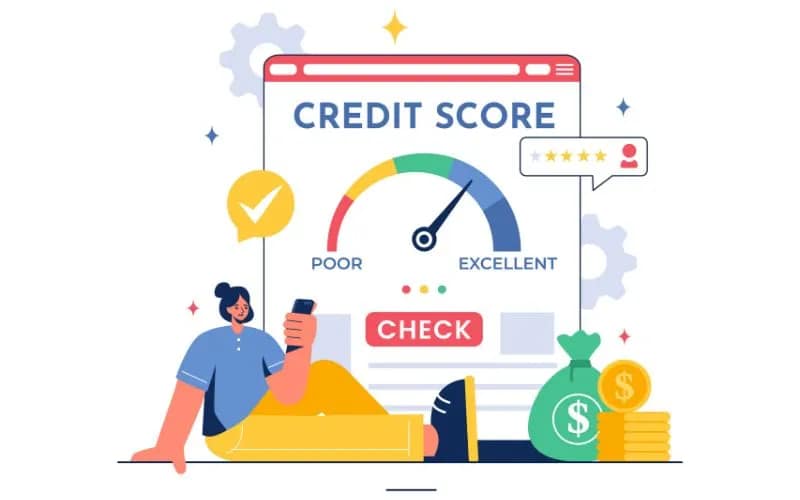Building a strong credit score takes time. This is the reason you should adopt good credit habits, whether you are planning to apply for new credit cards or loans or not in the future.
Keeping up a positive credit history is much like staying in shape. You need to work at it on a daily basis to stay at the top of your game. But if you have a bad credit score and want to establish good credit, you have to commit to good credit behavior.
Here are a few best practices to fix your credit score.
- Monitor Your Credit Reports Daily
- Dispute Errors in Credit Report
- Incorrect payment history
- Merchants reporting wrong details
- Reporting incorrect credit limits
- Inflated account balances
- Accounts wrongly added to your report because of similar names
- Duplicate and closed accounts filed on the credit report
- Make Payments On-Time
Often, people think checking the credit report for credit score is difficult. However, it is very easy. Moreover, you can access your credit report for free.
Checking your credit reports at least once a year can help in identifying incorrect details. You can dispute any incorrect reports to remove them from your credit history. Also, it enables you to detect the problems affecting your credit scores negatively so that you can form a plan of action for counteracting them.
Some credit repair services in Miami can help you repair your credit. These services will scan your bank accounts for identifying on-time payments that can be added to your credit report. Even though there is no guarantee, approved payments can raise your credit score immediately by several points.
Often, credit reports reflect erroneous or false information. Not checking and disputing adverse reports or errors when applying for a loan will lower your chances. A few reasons behind credit report errors are listed below.
To deal with false reports, you have to submit a written dispute along with documents to the three credit bureaus. The written statement has to explain the error-prone reports. It is best to dispute the claims before they affect your credit score.
Ensure that you consistently pay your bills by their due dates. Avoid defaults and late payments. As you might already know, payment history is the most crucial factor that affects your credit score. Creditors always look for a positive payment history since it shows that you are unlikely to miss payments in the future.
Missed or late payments can hit your credit score the hardest. The longer your missed payments are unpaid, the more it will lower your credit score. If late payments lead to charge-offs or defaults, your credit score can take a larger nosedive.
The best credit report repair services can help credit-challenged individuals who have problems juggling the details of the credit reports or handling a credit reporting agency.







